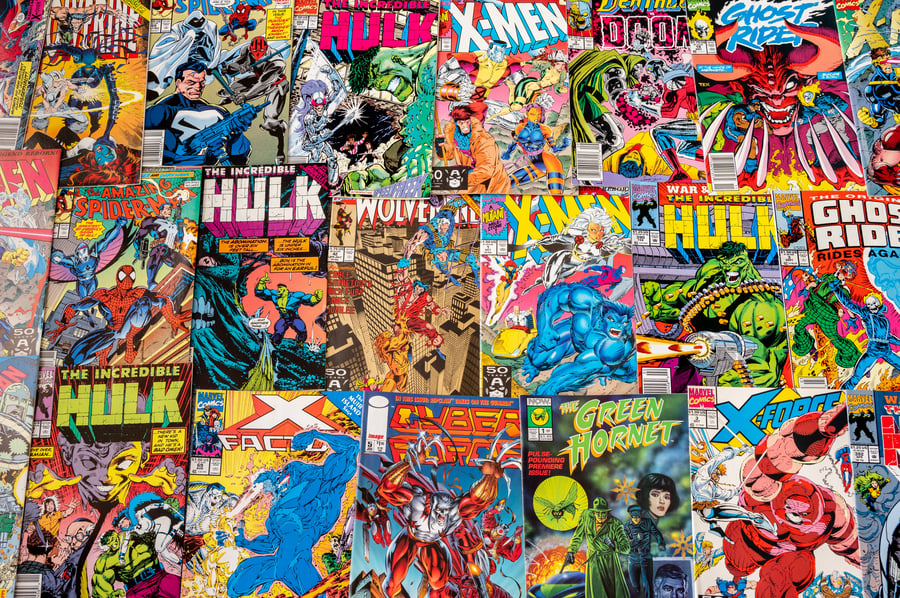
In the ever-evolving landscape of superhero cinema, few characters have ignited as much debate as Sabra, the Israeli superheroine set to make her silver screen debut in Marvel's upcoming "Captain America: Brave New World."
As the film's 2025 release date approaches, the character's journey from comic book pages to the big screen has become a lightning rod for discussions on representation, cultural identity, and the delicate balance between creative storytelling and political sensitivity.
Sabra, born Ruth Bat-Seraph in the Marvel universe, first appeared in 1980 as an Israeli Mossad agent with superhuman abilities. Her imminent cinematic debut initially sparked excitement among fans eager to see Israeli representation in the Marvel Cinematic Universe.
However, recent reports of significant changes to her backstory have stirred controversy and raised questions about the portrayal of Jewish and Israeli characters in mainstream media.
Rumors of Sabra's transformation from Mossad agent to a member of the Russian Black Widow program sent shockwaves through social media. The Jewish community, already on edge due to rising antisemitism, reacted with alarm. Some viewed the potential change as erasure, while others drew parallels to the debunked Khazar conspiracy theory, which falsely claims Ashkenazi Jews are not truly from Israel.
In a twist worthy of a comic book plot, Marvel insiders later confirmed that Sabra would indeed retain her Israeli identity, dispelling fears of complete erasure. However, the character will no longer be affiliated with Mossad, a change that continues to fuel debate about her representation.
The controversy surrounding Sabra's portrayal is not new. Her original comic book depiction was criticized for reinforcing stereotypes, particularly in a storyline where she appeared indifferent to the death of an Arab boy until lectured on compassion by the Incredible Hulk. This problematic narrative raises questions about how Marvel will navigate the character's complex history in a modern context.
"For other minority groups, when Marvel reimagined their superheroes for modern day audiences, they steered clear of their racist tropes," notes Allison Josephs, founder of Jew in the City. "The Black Panther and Shang-Chi films display the progress so many advocacy groups are working towards. Give us whole and human characters, avoid the tired tropes. Let us feel pride and authenticity on the screen."
The Sabra controversy highlights the broader challenges facing entertainment companies as they navigate politically sensitive topics in an increasingly interconnected global market. While Marvel has made strides in diversity and inclusion, the treatment of Jewish and Israeli characters presents unique challenges.
As the debate continues, some advocate for a nuanced portrayal that captures the complexity of Israeli identity. "What would an authentic Israeli superhero character, that avoided tropes, look like?" Josephs asks. "A brave woman who dashes across the world when there are humanitarian crises, in order to help those who can't help themselves – as everyday Israeli superheroes do."
With "Captain America: Brave New World" still in production, the final portrayal of Sabra remains to be seen.
In the end, Sabra's greatest superpower may be her ability to challenge us to think critically about how we represent and perceive diverse identities in our shared cultural narratives.
* JPost and Jew in the City contributed to this article.



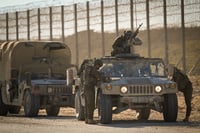
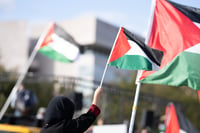

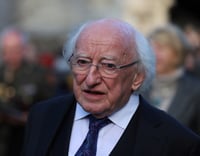


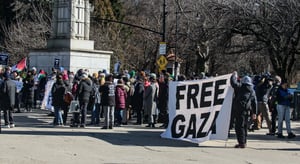

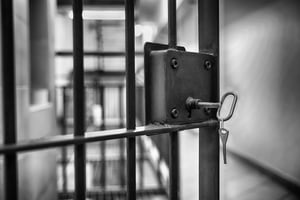

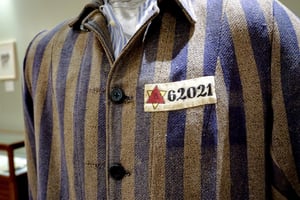
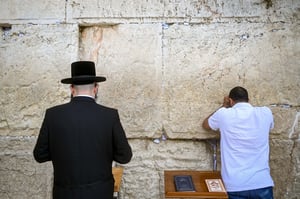

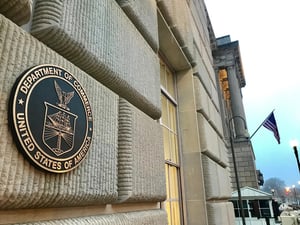

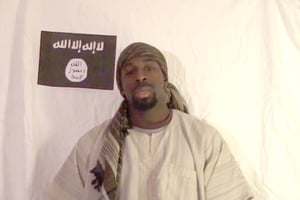
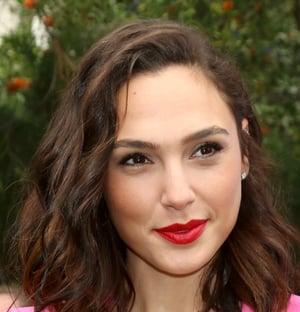
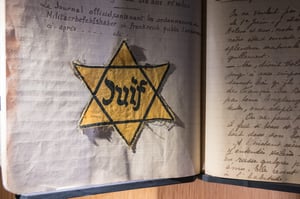
0 Comments